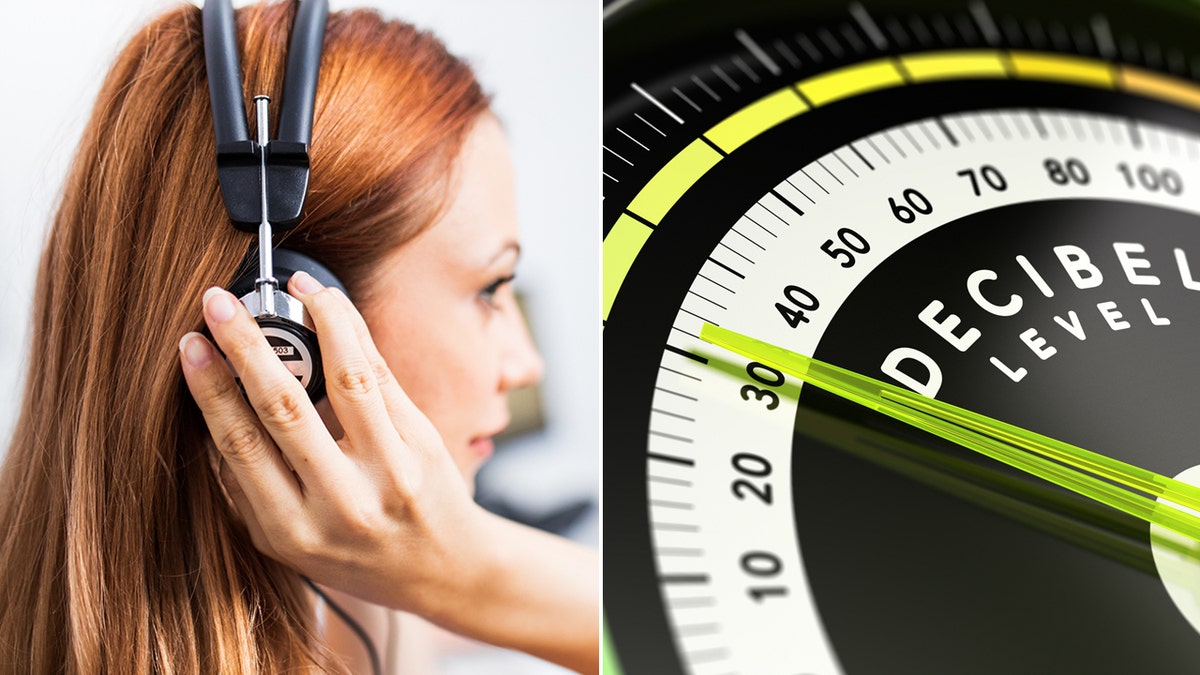Hearing loss affects a significant portion of the population, yet many individuals delay seeking help. According to the Hearing Loss Association of America, millions of Americans experience some degree of hearing loss. It's crucial to understand that noise-induced hearing damage is irreversible and can lead to other auditory issues like tinnitus, as explained by Dr. Steve Taddei, an audiologist with HearAdvisor. The good news is that this type of hearing loss is largely preventable with some knowledge and effort. Here are some practical tips to safeguard your hearing health:
1. Baseline Hearing Check
Start by getting a hearing check with an audiologist specializing in hearing conservation to establish a baseline for your current auditory health. This evaluation will involve various tests to assess the nature and degree of any hearing loss, as well as your ability to perceive different pitches, sounds, and frequencies.

A hearing check establishes a baseline for your auditory health. (iStock)
2. Manage Volume Levels
Avoid excessively loud volumes from headphones, earbuds, and other audio devices. A practical guideline is the 60/60 rule: listen at no more than 60% of the maximum volume for a maximum of 60 minutes daily.
3. Utilize Noise-Reducing Headphones
Using headphones or earbuds with effective noise reduction minimizes background noise, enabling you to listen at lower volumes without straining to hear over ambient sounds. This can be achieved through passive noise reduction (physical blocking of sound) or active noise reduction (electronic cancellation of lower-frequency sounds).

Noise-canceling headphones allow for comfortable listening at lower volumes. (iStock)
4. Give Your Ears Breaks
In loud environments, limit your exposure time or move to quieter areas when possible. Regular listening breaks, even short ones, can prevent auditory fatigue and give your ears time to recover. This could involve taking a walk, reading in silence, or simply stepping away from the noise.
5. Monitor Sound Exposure
Utilize tools to monitor your sound exposure. Consider using a sound level meter app on your phone, or take advantage of features like the Apple Watch's noise level warnings and the Health app's headphone audio level tracking.
6. Invest in Quality Earplugs
Wear earplugs when exposed to loud noises, such as concerts, races, or when using power tools or firearms. Even everyday activities like mowing the lawn or attending movies can contribute to auditory fatigue. Invest in high-quality earplugs and keep them readily accessible, for example, on your keychain.

Protecting your hearing in loud environments is crucial. (iStock)
Comments(0)
Top Comments